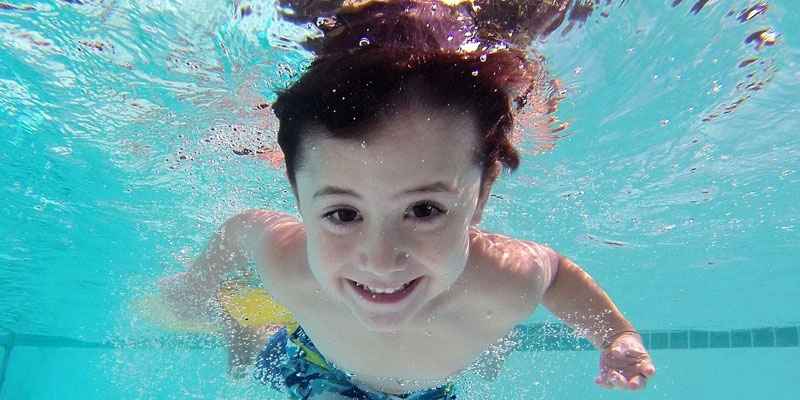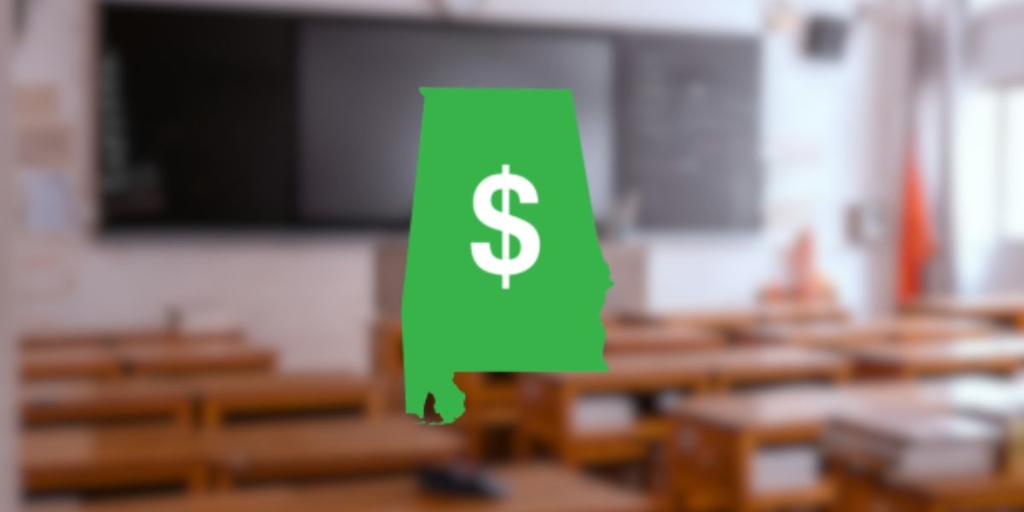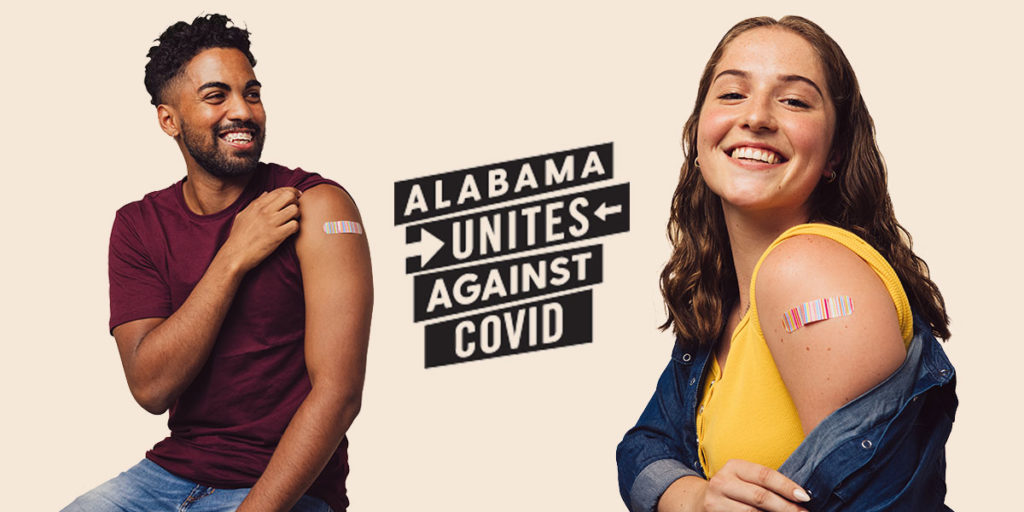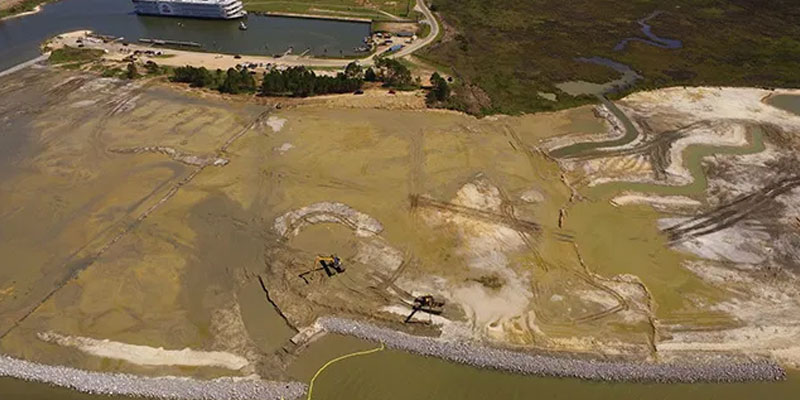Visiting the pool or lake is synonymous with summer fun. As hot weather approaches, parents and swimmers alike are concerned about what COVID-19 means for water-based activities this season. The key question people have is whether COVID-19 can be transmitted through pool water.
“If a pool is maintained with chlorine or bromine and managed, there is a very low chance of getting coronavirus through the water,” said Ellen Eaton, M.D., assistant professor in the University of Alabama at Birmingham Division of Infectious Diseases. “Years of research around pool maintenance ensures that, if a pool is using the chemicals per standard guidelines, it’s a relatively sterile environment. Although there are some viruses and parasites that are waterborne, coronaviruses are not among them.”
Eaton cautions pool-goers to worry less about coronavirus spreading through water, but rather, focus more on practicing proper physical distancing and hygiene tips when near the water.
“When kids play in the water at a pool, they are often very close to one another, playing on the same ladders and rafts and grabbing the same pool noodles. That’s what worries me — transmission due to close proximity and not properly sanitizing common items found in a pool setting.”
As a way to beat the crowds, she encourages pool visitors to go at off hours — right when the pool opens or toward the end of the day when there are not lines and group gatherings. If there are large pockets of people congregating and socializing, it is not the best time to let your family attend.
“I know that my children want nothing more than to cool off in the pool during the heat of the day; but realistically, that is the most crowded time to visit the pool,” Eaton said. “If we can visit during less popular days or hours, I think that will be the best way for us to continue to enjoy fun family time together while also being responsible and mindful of minimizing any spread of the virus.”
Another tip Eaton shared is to decrease opportunities to touch items and surfaces that do not belong to you. Whether that is using the restroom before you visit the pool, sanitizing the pool chair you may use, or not sharing sunscreen or pool toys, these measures can help make a difference and keep your family safe.
While Eaton stresses that practicing social distancing and being mindful of the virus is important, she does not want a family’s fear of the virus to stop scheduled activities, specifically swim lessons. Water safety should still be a priority for parents. It may mean reorganizing swim lessons to be in a smaller or more private group. Eaton emphasizes that it is still critical that children receive proper swim training and instruction through classes that are often taught during the summer months.
As some families visit a community pool, others will be visiting the lake or beach. Eaton is not as worried about transmission of COVID-19 through either of those types of water — primarily due to the capacity and size of the water body — but reinforces visitors to practice the same physical distancing, hand hygiene and wearing a mask when not swimming, similar to when visiting any public place.
“At the end of the day, it’s important to still make memories and enjoy time with our families this summer. We can still accomplish that, but just in a way that keeps the health and safety of ourselves and others top of mind.”
(Courtesy of UAB)













